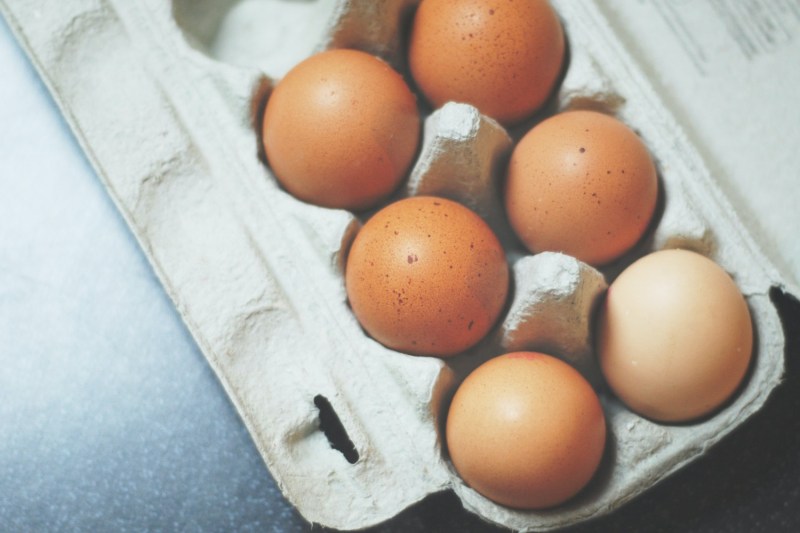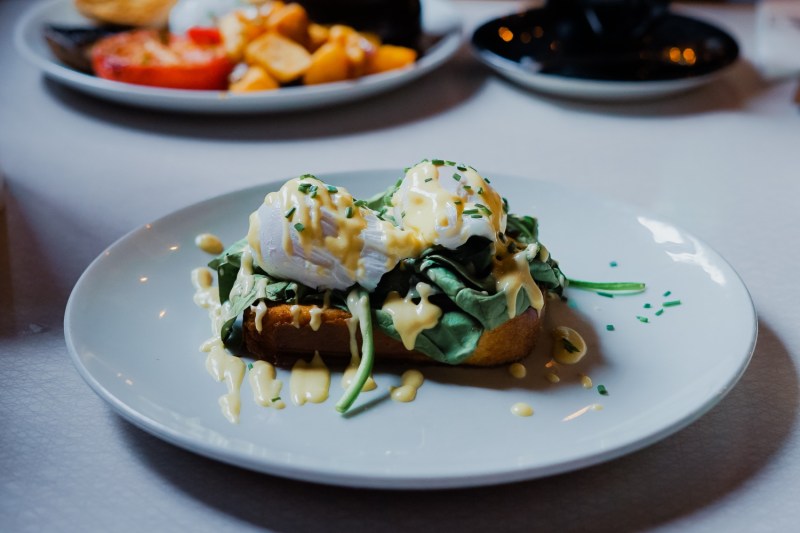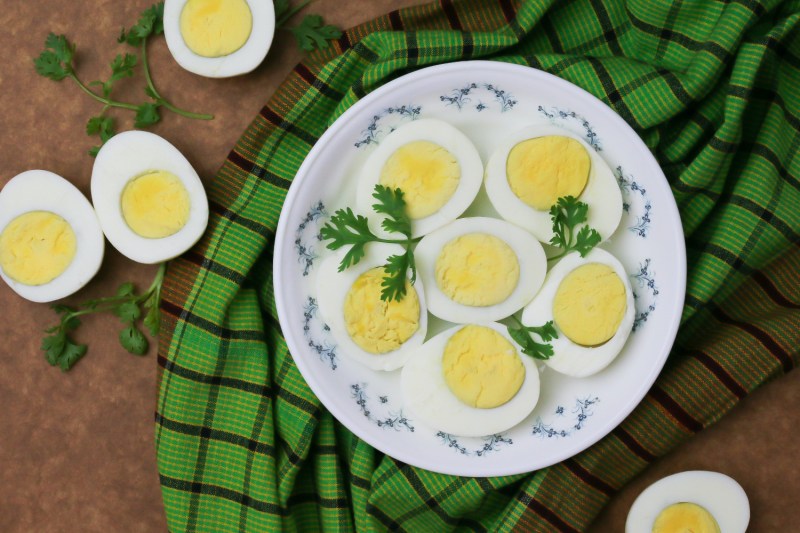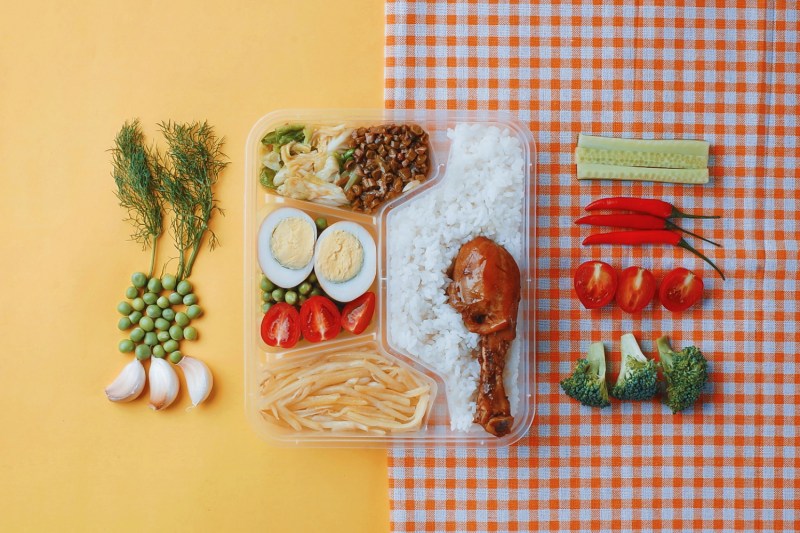Are you looking to get in better shape, lose a few pounds, and put on some muscle? A common goal among many, numerous diet plans claim to be the one to finally get you looking your best. Following a set of rules can be a great way to feel like your diet is structured and you don’t have to think too much about it, but many of these eating methods won’t actually get you to where you want to be.
You have likely heard of the Whole30 diet, the keto diet, and the Paleo diet, but what about the egg diet? Keep reading to learn more details and see if you should give it a try.
Benefits of the egg diet

- Protein: One egg contains 6 grams of protein. Even better, the protein in eggs is easily absorbed by the body. Upwards of 90% of the protein in an egg is absorbed into your system.
- Healthy Fats: There are about 5 grams of fat in one egg. Luckily, most of this is unsaturated fat.
- Choline: Choline, found in eggs, is a chemical known to reduce inflammation and improve brain function.
- Mood: You might feel a mood boost eating eggs. They contain tryptophan, which increases serotonin.
- Versatility: A perfectly poached egg is a thing of beauty and is delicious on its own. Eggs can also be worked into many dishes.
Who is the egg diet for?

While not for everyone, the egg diet does have some unique benefits. By focusing on eggs but also eating other lean protein and vegetables, your diet is high in protein and low in carbs. If your body doesn’t like carbs or you’re trying to go keto, you can eliminate carbs entirely. This diet is perfect for those looking to maintain muscle and burn fat. The egg diet probably isn’t best for the long term, but it’s great for a short burst of fat loss, especially as we enter the new year since a common New Year’s resolution is weight loss.
Below, we’ve outlined what an average day of eating looks like when focusing on an egg-based diet.
Eggs for breakfast

This is an easy one. Many of us already consume eggs for breakfast. If you’re really trying to lose weight, focus on the egg white. One egg has 6 grams of protein, 5 grams of fat, and 0 carbs. Egg whites have 0 grams of fat and 4 grams of pure protein. Though perhaps slightly boring, an egg white omelet with spinach is the breakfast of champions if you’re looking to lose weight.
One pro tip is using a nonstick pan to make your egg whites. This allows for you to skip the oil or butter, which kind of defeats the low-fat quality of this meal. Start your day off with an egg-white omelet and some form of carbohydrates, such as toast or oatmeal, and you’re off to a great, lean start.
If you’re avoiding carbohydrates and leaning into a more fat-based diet, you’ll want to eat whole eggs. Two to three whole eggs offer fat and protein. Pair with another healthy fat like an avocado for a rich, satisfying breakfast. Or make a Greek omelet. Two whole eggs, spinach, feta cheese, and red onion with toast or oatmeal.
Eggs as snacks

One of the easiest and healthiest protein-rich snacks is a hard-boiled egg. As mid-morning rolls around and you’ve burned through those breakfast calories, we often find ourselves in the kitchen looking for a snack. Two hard-boiled eggs paired with a piece of fruit, carrots, or celery dipped in peanut butter is a great way to go. It’ll leave you feeling satisfied and happier with yourself than if you indulge in the holiday cookie platter.
Eggs for lunch

As demonstrated in the picture above, it’s easy to work an egg (or two) into any meal. Pad Thai, rice and veggies, ramen, they’re all great with an egg added in. One or two eggs boost the protein of the meal, which helps you feel more satiated, as well.
Eggs for dinner

Similar to lunch, the egg can make its way into dinner recipes as well. The above ramen looks great with a soft-boiled egg. This spiced rice dish is another great option. Of course, breakfast for dinner is another popular go-to option. However, you incorporate more eggs into your diet. We hope your recipes are tasty, your dishes flavorful, and the egg makes a delicious addition. It really is such a versatile food, and the possibilities are endless. Bon appetit!
Frequently asked questions

How many eggs do you eat daily on the egg diet?
This can depend on the person, but typically, you will consume a minimum of two to three per day. They could all be at one meal or spread throughout the day.
What are the downsides of the egg diet?
If you were to only eat eggs or more than half of your daily intake was eggs, then you would likely be deficient in many nutrients due to your limited intake of other health-promoting foods. While eggs themselves are nutritious, you should consume a well-balanced diet. For example, eggs have no fiber, so you may find yourself having digestive issues.




